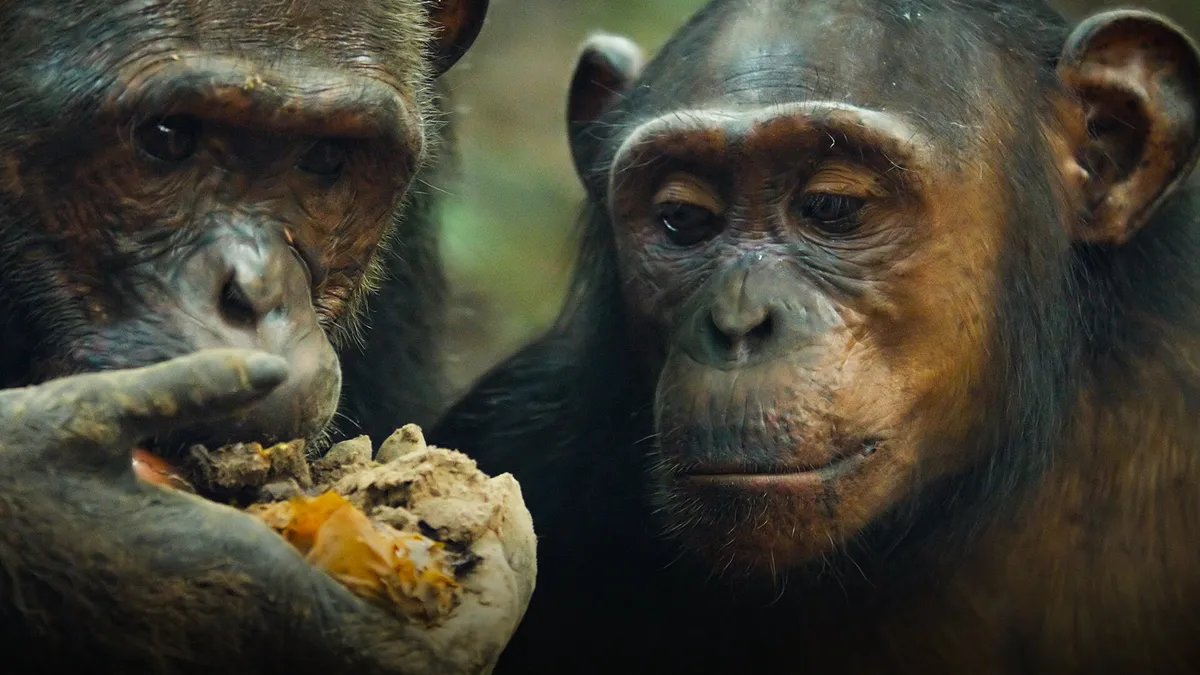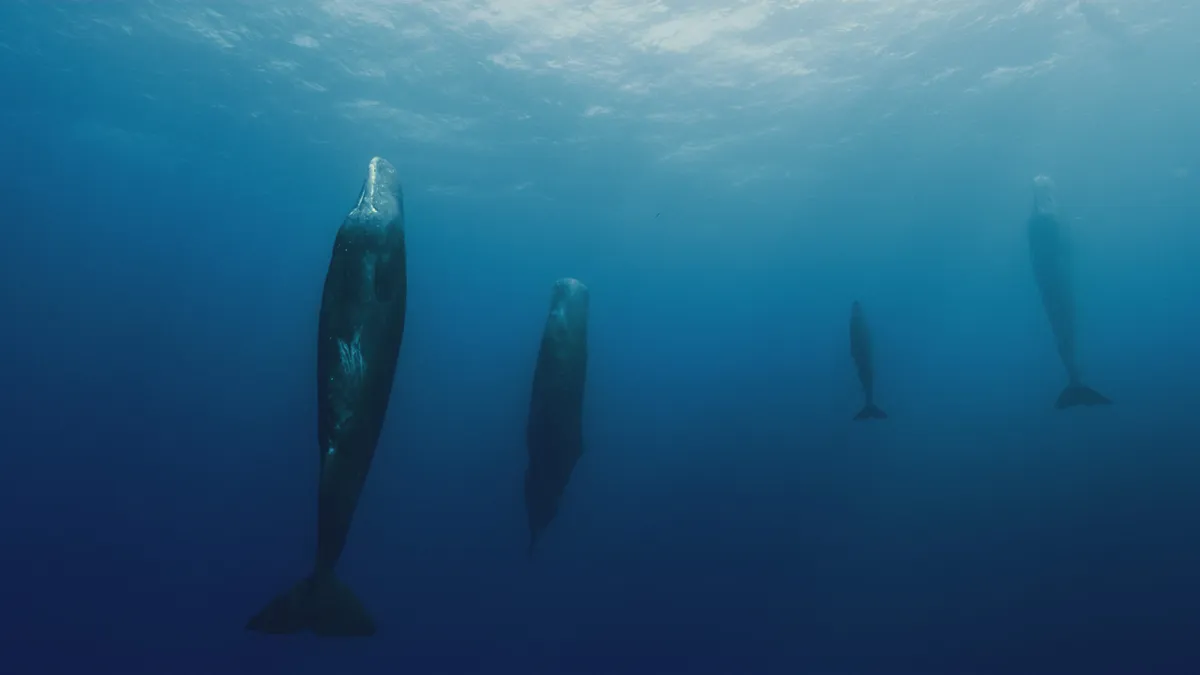From the big cats to the great apes, mammals are the most widespread group of animals on Earth – this exciting new BBC series, presented by David Attenborough, will bring their stories to life.
It is one of several natural world documentaries the BBC has commissioned recently. Others include Wild Isles, Planet Earth III and Big Little Journeys.
What is Mammals about?
Mammals are found on every continent and in every ocean. From the coldest wildernesses to the hottest deserts, from the densest jungles to the deepest seas, this group of animals has evolved to master almost every habitat on our planet.
In the spectacular new series, Sir David Attenborough reveals how mammals have conquered the Earth. From the tiny Etruscan shrew to the giant blue whale, Mammals will reveal the secrets of their success, and how their winning design, incredible adaptability, unrivalled intelligence and unique sociability have all contributed to their remarkable success.

As well as giving BBC viewers a thrilling new insight into this remarkable group of animals, the series will also focus on many of the problems facing mammals in today’s rapidly changing world.
“Being mammals ourselves, the animals featured in the series and the stories told about them are instantly relatable," says Roger Webb, Executive Producer.
"It’s impossible not to admire a mother capuchin monkey who’s able to provide her baby with a drink in a dry, sun-baked forest or a chimpanzee father giving his family a lesson in finding honey buried underground. This connection to us, makes Mammals an incredibly engaging and compelling piece of television – one that will also lead us to question our role in the lives of the wild mammals we share the planet with.”
Scott Alexander, Series Producer says: “Mammals includes animals like the great apes, the big cats, dolphins, whales as well as the mythical wolverine and adorable tenrec – who wouldn’t want to make a series with such a wonderful cast of animals”.
Jack Bootle, Head of Commissioning, Specialist Factual, adds: “Following the enormous success of Wild Isles and Planet Earth III last year, I’m delighted Sir David is returning to the BBC to present this fascinating new series. Mammals are the most adaptable and – for my money – adorable animals on earth, and I can’t wait for viewers to learn more about the remarkable strategies they use to survive in every corner of the planet.”
How many episodes of Mammals are there?
There will be six episodes, which will be aired on BBC One and BBC iPlayer.
When is Mammals on TV?
Mammals will air on BBC One and BBC iPlayer in spring 2024. The first episode will air at 7pm on 31 March.
Each episode explores a different environment: Dark, The New Wild, Water, Cold, Heat and Forest.

What to expect from each episode
Episode one: Dark
Originally confined to the night during the time of the dinosaurs, many mammals have, with heightened senses verging on superpowers, become masters of the shadows. Today, some are even returning to the dark side as their daytime world gets more and more crowded.
Episode two: The New Wild
As well as bringing a fresh understanding of this remarkable group of animals, the series highlights many of the problems faced by mammals in a rapidly changing world. To do this, episode six explores how mammals are coping living alongside perhaps the most successful mammal of all – us, revealing both winners and losers in today’s new wild.
Episode three: Water
Very few mammals have managed to lose all ties with land and conquer life in water, one of the greatest challenges for an air breathing mammal. Those that have are some of the cleverest of all, forming surprising bonds not just amongst their own but with other species as well.
Episode four: Cold
Thanks to their great ingenuity, combined with a thick fur coat, mammals can survive where no others can, in the cold of the planet’s extreme frozen worlds. See a polar bear learn remarkable new hunting skills and witness the rarely seen caring side of the not so mythical wolverine.
Episode five: Heat
With fur designed to keep you warm, keeping cool is never going to be easy, yet mammals are found in the hottest, driest places on earth, from Africa’s Sahara Desert to Australia’s barren outback, where they have found remarkable ways to stays cool, find water, and beat the heat.
Episode six: Forest
From down in the undergrowth to high above the treetops, we see how mammals have conquered every level of the forest with perfect camouflage, secret messages, and even the power of flight, but now many face new challenges as they are forced to adapt to a changing world.
Mammals was made by BBC Studios Natural History Unit and co-produced by France Televisions, ZDF and BBC America. It was commissioned by Jack Bootle, Head of Commissioning, Specialist Factual and Sreya Biswas, Head of Natural History, BBC Commissioning. The Executive Producer is Roger Webb and the Series Producer is Scott Alexander.
Image credit: BBC Studios